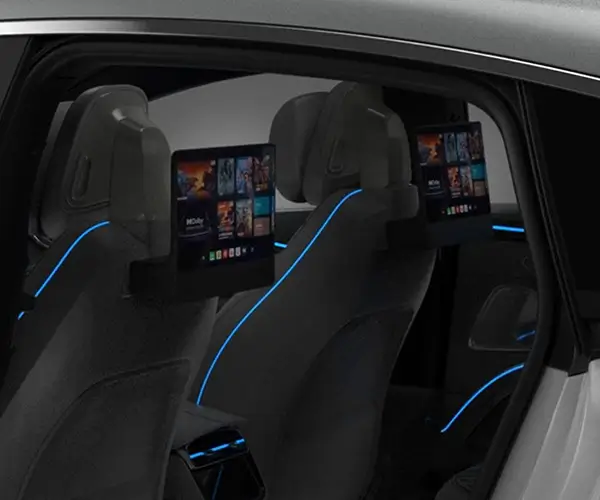Ever wondered why so many industrial setups lean on AC and DC servo motors? It’s like asking why people prefer coffee over tea—there’s a reason, and it’s all about precision, control, and performance. These motors aren’t just your run-of-the-mill machines; they’re the backbone behind everything from high-speed packaging lines to robotic arms on assembly lines. They're all about finesse, about making sure the movement is just right, no more and no less.

Let’s talk about versatility first. AC servo motors are like that reliable friend who’s always on point—robust, efficient, and perfect for continuous operation. They excel in situations where you need steady speed and torque over long periods. Imagine a conveyor belt in a food packaging plant—these motors keep things moving smoothly, quietly, and with impeccable timing. They handle heavy loads without breaking a sweat, translating power into seamless motion.
On the flip side, DC servo motors bring a different flavor. Why? Because they’re fantastic for applications that need variable speeds and rapid response. Think about a robotic arm that needs to pick up objects of different sizes at different speeds—DC servo motors can switch gears quickly, giving you pinpoint control. Plus, their simpler design often means easier troubleshooting, which is a lifesaver when you’re running a tight schedule.
But here’s a question—what about precision in positioning? AC motors are usually paired with encoders that give you detailed feedback, ensuring your system knows exactly where its limbs are at any moment. DC motors, thanks to their inherent design, tend to offer even more exact control in some setups. It’s like having both a GPS and a high-resolution map—each has its own strength depending on what’s needed.
When it comes to efficiency, AC servo motors tend to shine in steady-state operations, while DC motors often provide better startup torque. Breaking down efficiency is like thinking about your car—some engines are better at cruising, others excel at quick acceleration. The right choice depends on what the machine needs right now—speed, torque, precision, or all of it working together.
Looking at maintenance and lifespan, AC servo motors are generally more durable. They handle wear and tear better because of their design. But DC motors have that advantage of easier repairs—if something goes wrong, often it's quicker to diagnose and fix. And in environments where downtime is costly, spinning that wheel of reliability is key.
Big question—do these motors only belong in factories? Not at all. They show up in satellite dish positioning systems, medical equipment, even aerospace applications. Wherever precise, controlled motion matters, these motors are often part of the equation. It’s about bringing the right power in the right way.
Thinking about choosing between them all the time is like picking between a sports car and a pickup truck. Each has its strengths, and understanding what your project demands—the load, speed, accuracy—makes a huge difference. It’s not just about power; it’s about intelligent motion.
So, whether you’re aiming for rock-solid reliability or rapid, precise adjustments, these servo motors have got you covered. It’s like having a finely-tuned orchestra—each component synchronized for the best performance. Sometimes, the smallest detail makes all the difference, and these motors shine brightest when the stakes are high.
Established in 2005, Kpower has been dedicated to a professional compact motion unit manufacturer, headquartered in Dongguan, Guangdong Province, China. Leveraging innovations in modular drive technology, Kpower integrates high-performance motors, precision reducers, and multi-protocol control systems to provide efficient and customized smart drive system solutions. Kpower has delivered professional drive system solutions to over 500 enterprise clients globally with products covering various fields such as Smart Home Systems, Automatic Electronics, Robotics, Precision Agriculture, Drones, and Industrial Automation.




































